Did Our Ancestors Celebrate the Autumnal Equinox?
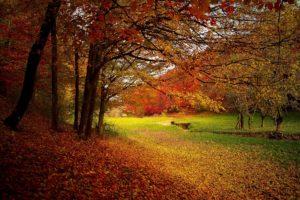 Yes, it’s that time of year: approaching the Autumnal Equinox. The world has gone into pumpkin spice everything, the weather has been shifting towards colder, and darkness is creeping up on us. Living in the Northern Rockies, I started noticing the shift in weather in August, and darkness has crept up on us. When we had light at almost 11 pm, we now have total darkness before 9 pm.
Yes, it’s that time of year: approaching the Autumnal Equinox. The world has gone into pumpkin spice everything, the weather has been shifting towards colder, and darkness is creeping up on us. Living in the Northern Rockies, I started noticing the shift in weather in August, and darkness has crept up on us. When we had light at almost 11 pm, we now have total darkness before 9 pm.
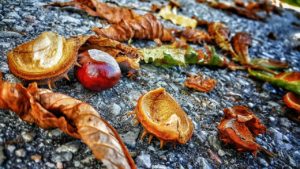 Even at less extreme latitudes, people probably notice the march toward the darker days. So one has to wonder if our northern ancestors celebrated the equinox.
Even at less extreme latitudes, people probably notice the march toward the darker days. So one has to wonder if our northern ancestors celebrated the equinox.
The Equinox was a Time of Harvest
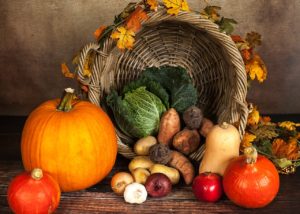 The Norse split the seasons into two: winter and summer. It makes sense, really, because there was just growing seasons and snow. As much as I’d like to think our ancestors marked the equinox, chances are they were too busy getting the harvest put up.
The Norse split the seasons into two: winter and summer. It makes sense, really, because there was just growing seasons and snow. As much as I’d like to think our ancestors marked the equinox, chances are they were too busy getting the harvest put up.
Right now, my own experience as a landholder tells me that people probably were concerned about getting prepared for winter. For my family, it is getting enough hay and firewood for the winter. The upcoming winter requires me to dry fruits and vegetables for use during the winter months and get them stored properly, because there are times I won’t be able to get to the grocery store.
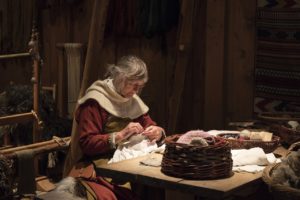 For our ancestors, their experience was much more dire. They were their own store, meaning that if they didn’t have it, or if their family didn’t have it, they went without. Sure, they could (and did) hunt, fish, and slaughter their own animals, but if they didn’t have enough of a certain food, they went without.
For our ancestors, their experience was much more dire. They were their own store, meaning that if they didn’t have it, or if their family didn’t have it, they went without. Sure, they could (and did) hunt, fish, and slaughter their own animals, but if they didn’t have enough of a certain food, they went without.
In this day of local grocery markets, it kind of blows one’s mind to think if you didn’t have enough of something, that was too bad. That meant that harvest was exceedingly important because if it didn’t produce enough, you were screwed.
This is why our ancestors put so much emphasis into the seasons. The seasons governed their lives and dictated when they had to do certain things to survive.
Community was Important
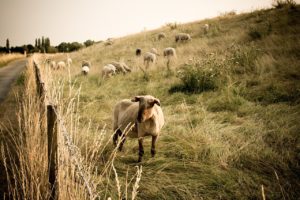 Back then, community wasn’t just for socialization. It was the only means you could survive in that harsh climate. You did a lot of things, but there were other people whose expertise you relied on. Not everyone was a blacksmith, carpenter, hunter, cloth maker, or field worker. While there were many farmers, the farmers also needed their tools repaired, sick animals cared for, and furniture made. Sure, some people did it all, but many people traded things they made or grew for services.
Back then, community wasn’t just for socialization. It was the only means you could survive in that harsh climate. You did a lot of things, but there were other people whose expertise you relied on. Not everyone was a blacksmith, carpenter, hunter, cloth maker, or field worker. While there were many farmers, the farmers also needed their tools repaired, sick animals cared for, and furniture made. Sure, some people did it all, but many people traded things they made or grew for services.
People understood that in order to survive the harsh winters, one had to depend on the community. Without the kindred, there was a reasonable chance you wouldn’t make it to the spring.
Celebrating the Autumnal Equinox
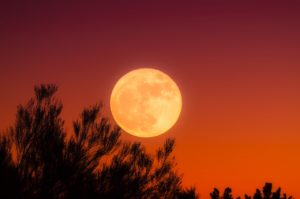 As I said, I don’t think that people had a particular observance for the equinoxes during the Viking era. However given that our northern ancestors spread throughout Europe, Russia, the Middle East, and Africa, different customs arose. Since the autumnal equinox came around harvest times, it could’ve easily been incorporated in harvest celebrations. So, there is no reason why you can’t celebrate it as a Heathen.
As I said, I don’t think that people had a particular observance for the equinoxes during the Viking era. However given that our northern ancestors spread throughout Europe, Russia, the Middle East, and Africa, different customs arose. Since the autumnal equinox came around harvest times, it could’ve easily been incorporated in harvest celebrations. So, there is no reason why you can’t celebrate it as a Heathen.
Things to Do to Celebrate the Autumnal Equinox
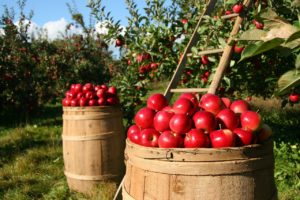 There are plenty of things you can do to celebrate the autumnal equinox. Here are some ideas:
There are plenty of things you can do to celebrate the autumnal equinox. Here are some ideas:
- Plan a feast of locally harvested and in-season foods.
- Decorate your home with pumpkins, autumn leaves, and other reminders of the season.
- Make an offering to the gods — mead, harvested nuts, apples, and other in-season foods.
- Can, dehydrate, and freeze foods for winter.
- Go to a farm that allows you to pick your own apples or vegetables and do so.
Gods of the Autumnal Equinox
You should honor the gods of Autumn. You may wish to honor the following gods and goddesses:
- Thor and Sif — for rains and the grain harvest.
- Skadi and Ullr — for the fall and winter hunt, as well as snow sports.
- Freyr and Freyja — for the harvest bounty.
- Baldr and Hodr — for the balance of light and dark.
Let me know what you’re doing this equinox, if anything.
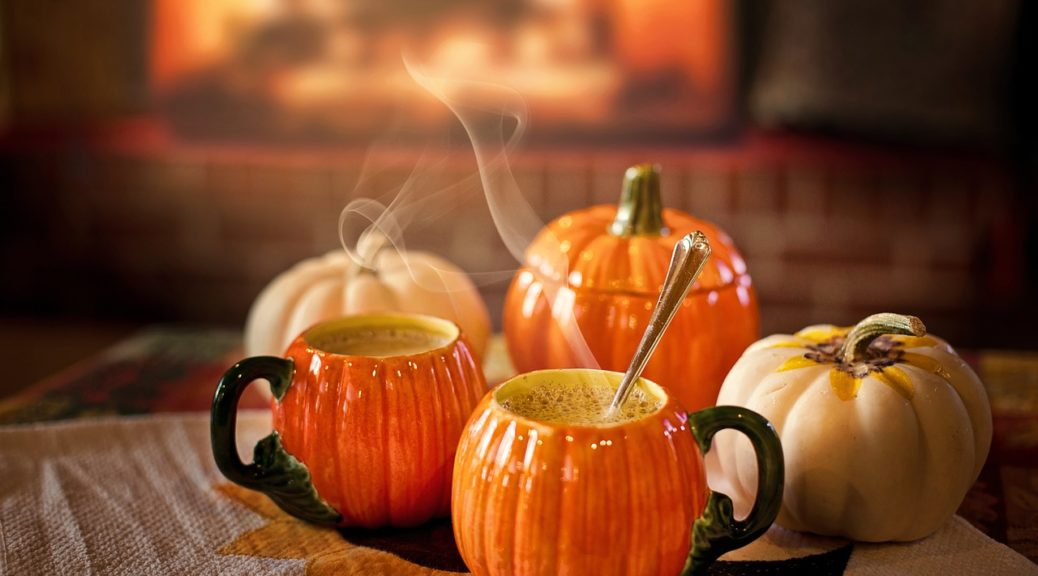
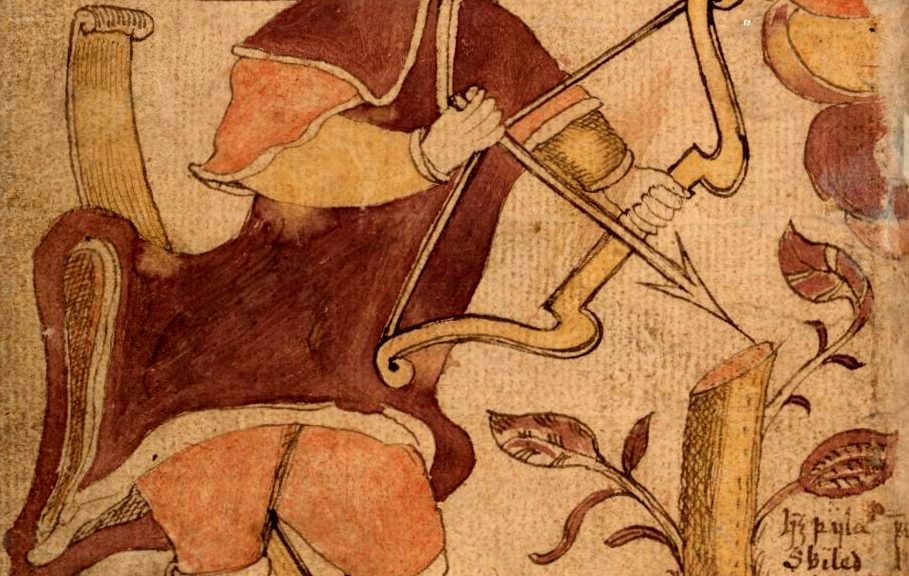
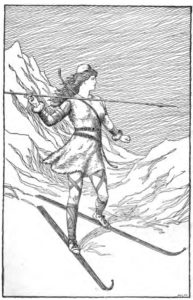 We know more about Skadi than Ullr, so I’ll talk about her first. Skadi is a Frost Giant (or Jotun) turned goddess and is the daughter of Þjazi. Skadi has a single story (although she and Loki argue in Lokasenna) on how she sought justice for the death of her father, Þjazi. Þjazi was the Jotun who tricked Loki into stealing Idunn and her Golden Apples from the gods.
We know more about Skadi than Ullr, so I’ll talk about her first. Skadi is a Frost Giant (or Jotun) turned goddess and is the daughter of Þjazi. Skadi has a single story (although she and Loki argue in Lokasenna) on how she sought justice for the death of her father, Þjazi. Þjazi was the Jotun who tricked Loki into stealing Idunn and her Golden Apples from the gods.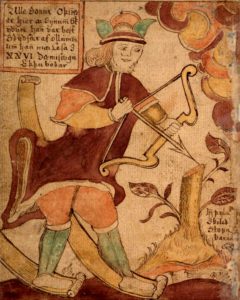 Now we come to Ullr, and by the gods, there isn’t a lot written up about him. Which is a shame, because Ullr was an important god in the Northern countries. Ullr is the god of wintertime sports and hunting. He is also the god of oaths; our ancestors swore on Ullr’s oath ring. Ullr was called on in duels, presumably to oversee the contest or to grant favor. He was also the head of Asgard when Odin was in exile for ten years.
Now we come to Ullr, and by the gods, there isn’t a lot written up about him. Which is a shame, because Ullr was an important god in the Northern countries. Ullr is the god of wintertime sports and hunting. He is also the god of oaths; our ancestors swore on Ullr’s oath ring. Ullr was called on in duels, presumably to oversee the contest or to grant favor. He was also the head of Asgard when Odin was in exile for ten years.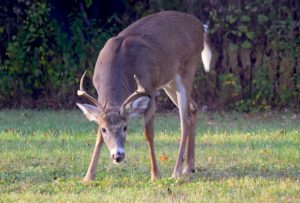 Before I go further with this, I want to caveat this by saying these are my experiences with these gods, and like anything, Your Mileage May Vary. I’ve had plenty of dealings with Skadi, but not Ullr. Back when I competed in a certain winter sport, Skadi and I held an uneasy truce. I was a lot more wary of her then, and while I know she is a very dangerous goddess, over the years I’ve come to understand her. She doesn’t suffer fools in her territory, so every time I am out in the backcountry, I am aware she could take me out.
Before I go further with this, I want to caveat this by saying these are my experiences with these gods, and like anything, Your Mileage May Vary. I’ve had plenty of dealings with Skadi, but not Ullr. Back when I competed in a certain winter sport, Skadi and I held an uneasy truce. I was a lot more wary of her then, and while I know she is a very dangerous goddess, over the years I’ve come to understand her. She doesn’t suffer fools in her territory, so every time I am out in the backcountry, I am aware she could take me out.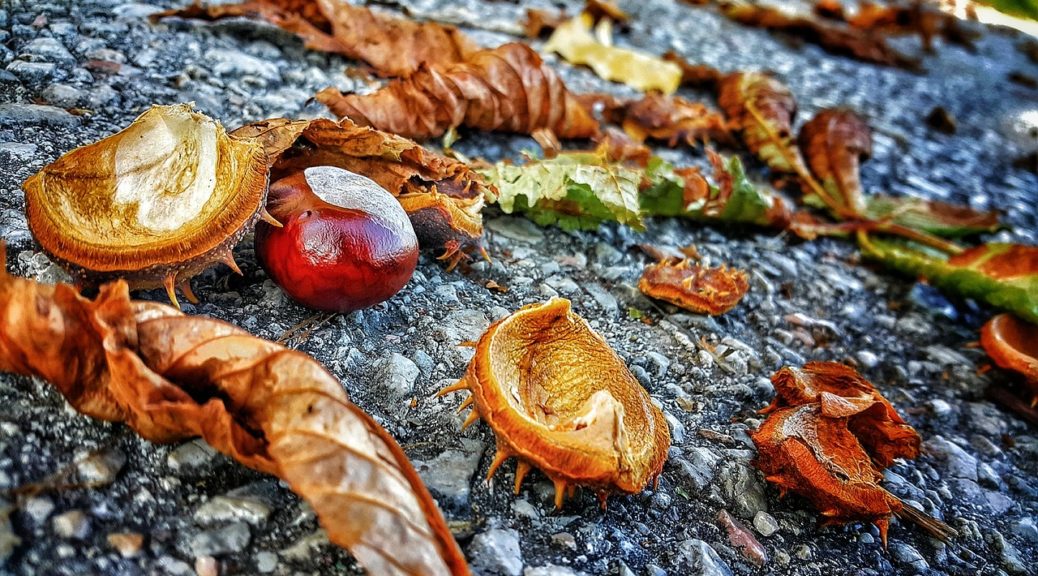
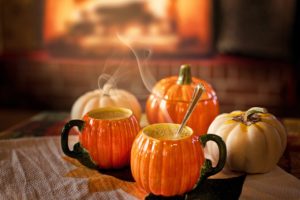 Now that
Now that 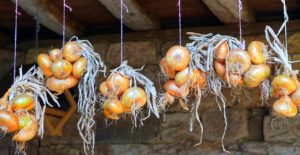 storehouses where you kept your smoked and salted meats for winter naturally kept the meat cold. The fall temperatures often dipped below freezing, but on days when the temperatures were above freezing, the air still acted like a refrigerator. Smoking and salting were ways of stabilizing the meat so it didn’t turn rancid during the occasional temperatures fluctuations. Hence, hunting for big game often happened in the fall and winter months. Unless you were planning on eating the whole critter in a few days, you really had no way to preserve the meat during the summer months, unless you were drying it. Hence eating small game and young animals were more fitting for the spring and summer months.
storehouses where you kept your smoked and salted meats for winter naturally kept the meat cold. The fall temperatures often dipped below freezing, but on days when the temperatures were above freezing, the air still acted like a refrigerator. Smoking and salting were ways of stabilizing the meat so it didn’t turn rancid during the occasional temperatures fluctuations. Hence, hunting for big game often happened in the fall and winter months. Unless you were planning on eating the whole critter in a few days, you really had no way to preserve the meat during the summer months, unless you were drying it. Hence eating small game and young animals were more fitting for the spring and summer months.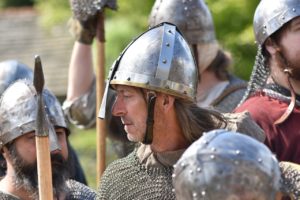 Beyond hunting and foraging for food as well as harvesting and preserving food, the Northern peoples spent time enjoying themselves too. Those who lived in the Viking era enjoyed playing board games, drinking games, and other indoor games when the weather got too cold or in the evenings when they had a little time to relax. When they had free time outside and the weather wasn’t too cold or snowy, they’d practice fighting and even hold mock battles to improve their skills. Some of these “games” ended up pretty bloody.
Beyond hunting and foraging for food as well as harvesting and preserving food, the Northern peoples spent time enjoying themselves too. Those who lived in the Viking era enjoyed playing board games, drinking games, and other indoor games when the weather got too cold or in the evenings when they had a little time to relax. When they had free time outside and the weather wasn’t too cold or snowy, they’d practice fighting and even hold mock battles to improve their skills. Some of these “games” ended up pretty bloody.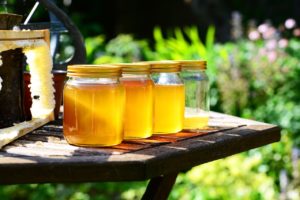 and Hel, even
and Hel, even 